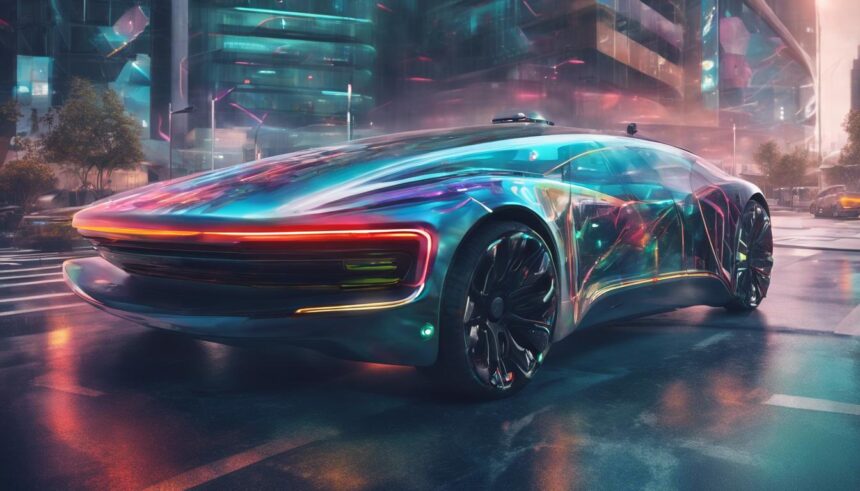Applied Intuition launches an innovative automated parking system development solution, promising to revolutionize vehicle technology with increased efficiency and safety.
In a significant development for the automotive industry, Applied Intuition, based in Mountain View, California, has introduced a groundbreaking automated parking development solution designed to revolutionize advanced driver-assistance systems (ADAS) and automated driving (AD). This innovative solution is poised to enable engineering teams to develop, test, and deploy automated parking systems (APS) with unprecedented efficiency, up to 12 times faster than current methods.
Automated parking systems are at the forefront of vehicle technology, offering the promise of increased safety and convenience by enabling vehicles to park themselves. Despite their potential, developing these systems presents substantial technical challenges. Automotive manufacturers and suppliers must navigate intricate issues like varying operational design domains, unpredictable pedestrian and vehicle movement in parking lots, and complex vehicle dynamics. Moreover, creating a system that relies on accurate 360-degree sensor and perception coverage demands sophisticated machine learning techniques, putting additional pressure on development timelines and resources.
The solution from Applied Intuition directly tackles these obstacles by providing a comprehensive suite of tools and resources to streamline the APS development process. Key features of this solution include pre-constructed operational design domain taxonomies, detailed test suites, and customizable simulation maps. Additionally, it offers capabilities for 360-degree sensing and perception testing, incorporating both software-in-the-loop and hardware-in-the-loop simulation for comprehensive sensor modelling, including ultrasonics and fisheye cameras.
With the automotive industry moving rapidly towards automation and intelligence, data plays a central role in the development of machine learning-based features. To this end, Applied Intuition’s solution facilitates data mining and curation to optimize AI and ML development efforts. By rapidly assembling targeted training datasets, development teams can efficiently address specific model weaknesses. The platform also provides synthetic parking datasets specifically designed to train ML-based perception systems, focusing on edge cases and data gaps identified during model testing.
Another critical aspect of this solution is its realistic simulated vehicle dynamics and behaviors that accurately reflect low-speed, high-steering-angle movements in unstructured parking environments. This not only allows for thorough testing of all planning systems but also aids in training ML-based planners. Cloud orchestration further enhances the efficiency of simulation tests, enabling scaled tests across diverse operational design domains while potentially reducing cloud simulation costs by as much as 70%.
According to Peter Ludwig, CTO and Co-Founder of Applied Intuition, this development is a significant leap towards improving the everyday driving experience. “Automated parking should be a seamless part of daily life, yet achieving this level of reliability and ease of use has been a challenge. Our solution empowers manufacturers to deliver next-generation automated parking systems that are not just reliable, but also capable of functioning flawlessly in virtually any parking situation,” Ludwig stated.
Since its foundation in 2017, Applied Intuition has positioned itself as a key player in accelerating the adoption of safe and intelligent machines across various sectors, including automotive, trucking, construction, mining, agriculture, and defense. Its innovative solutions have garnered the trust of 18 of the top 20 global automakers, underscoring its commitment to high-quality systems and reduced time to market.
With the launch of this automated parking development solution, Applied Intuition is not just offering a new product but reshaping the landscape of automated vehicle technology. As more automakers and suppliers adopt this solution, drivers and passengers can look forward to a future where parking is not just convenient but a sophisticated, reliable aspect of the automated driving experience.





